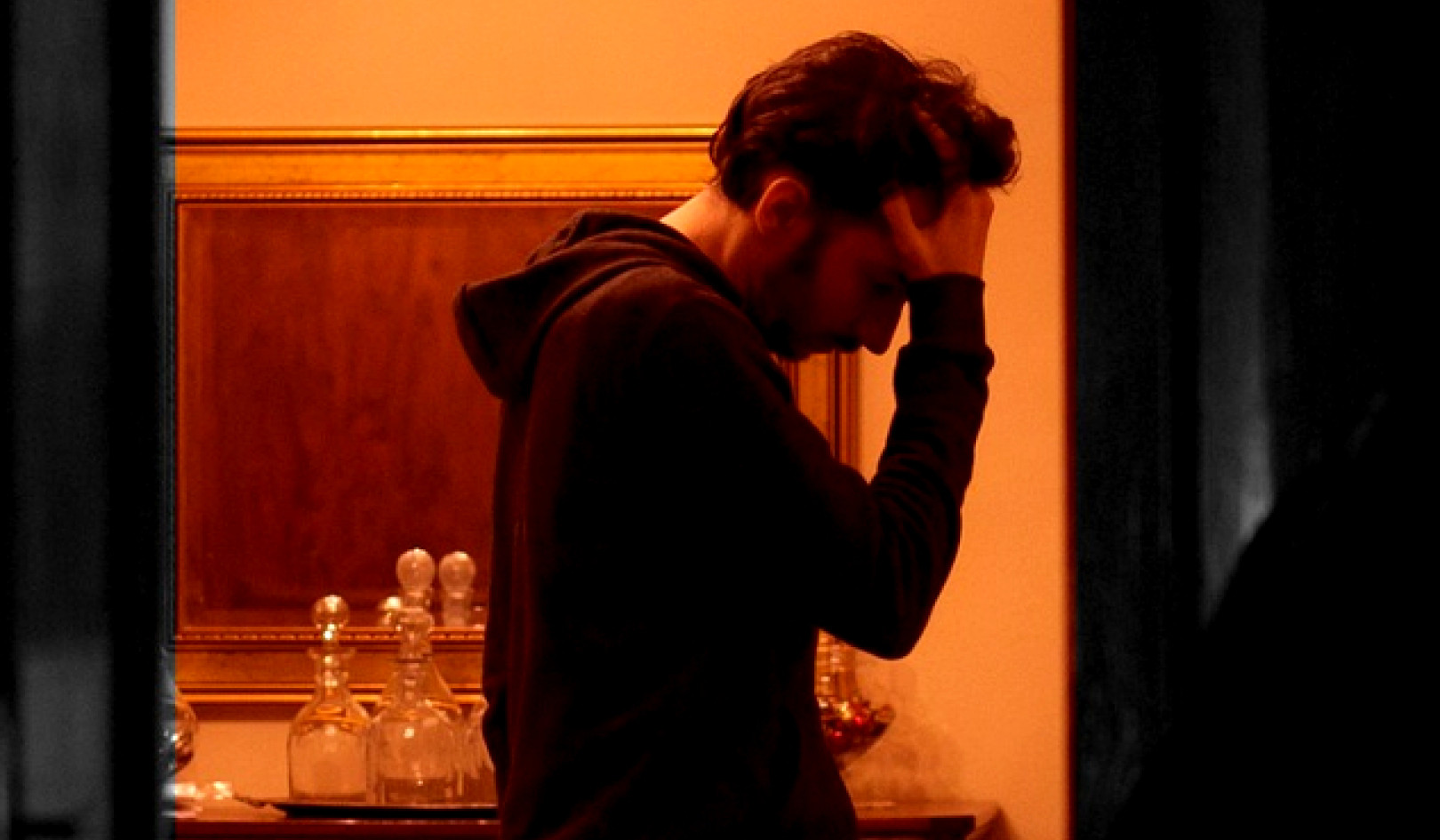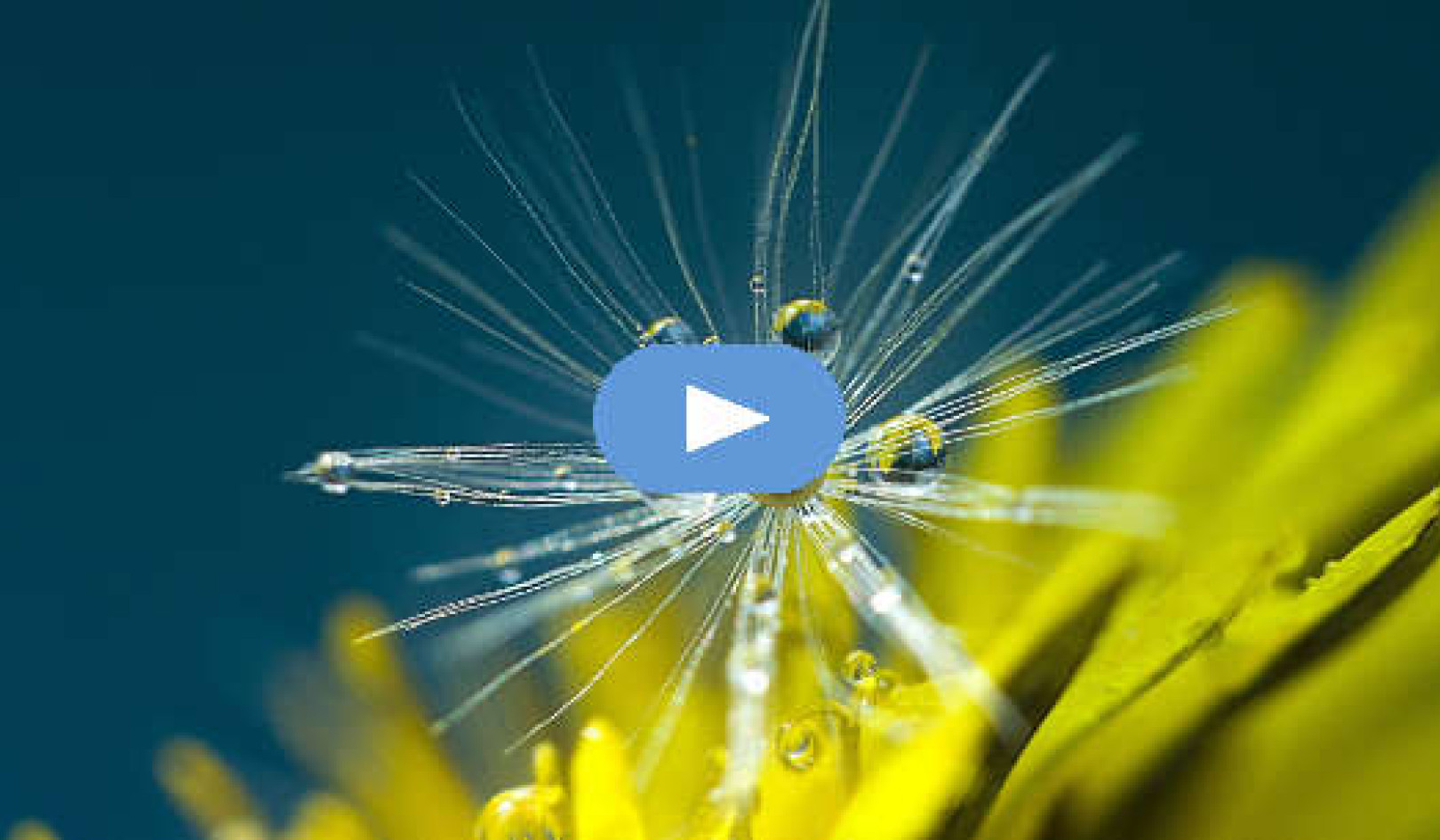
Cow’s milk … blamed for autism.
The animal rights charity PETA recently made a link between autism and drinking cow’s milk. The article on its website discussed research that linked a dairy-free diet with a reduction in symptoms of autism in children. The charity cited two particular research projects which suggest a link between drinking cow’s milk and autism. It was originally released a few years ago, but has recently been relaunched on social media causing much discussion.
The research that underpins PETA’s claim is based on two small-scale studies. One was a “blind” study of 20 children, half of whom were given a diet free from gluten and casein – a protein found in mammalian milk – and half who had an unchanged diet. The children were observed for a year and the study concluded that the development of the children in the experimental group was significantly better than the control.
The second study similarly concluded that there may be a link between allergies, such as to cow’s milk, and autism. But both studies are based on very small numbers of children and while they suggest a potential link they do not conclude that an allergy to cow’s milk or gluten causes autism.
There is a long tradition of linking particular behaviours, diets, or public health measures to the development of autism. The most reported, and controversial, link was between the MMR vaccine and development of autism. In 1998, a research paper was published that suggested that the “triple” vaccine against MMR (measles, mumps and rubella) can cause autism in some children.
This has been discredited and widely disproved in medical science research. But the impact of this style of reporting scientific research continues.
Negative spin
We have investigated how research such as this is reported and would argue that it frames autism negatively – something that is to be avoided.
The media reporting of a link between MMR and autism, for example, received a disproportionate amount of press coverage and led to some parents using the media to talk about their autistic children as “vaccine damaged”.
The impact of this media reporting and the original research article led to many parents not vaccinating their children, which directly led to outbreaks of measles as those children who missed being vaccinated in the late 1990s reached teenage years. The vast majority of children who contracted measles in Wales in the outbreak in 2012/13 had never been vaccinated. This is in stark contract to the [“near elimination”]((http://www.wales.nhs.uk/sitesplus/888/page/66389) of the illness in earlier years.
The issue we have with linking the development of autism to factors such as drinking milk or the triple vaccine is that by implication it portrays autistic children as damaged (for example, by a vaccination or unhealthy diet) or as unwanted. The assumption stemming from this kind of reporting is that parents would not want a child with autism. It also blames parents and carers for poor decisions that have led to the problem.
![]() Rather than blaming parents for having an autistic child, there is a need to understand autism and to value autistic children and the families they live in. Asking what causes autism is asking the wrong question. Asking how we as a society value the skills, abilities and qualities of autistic children and adults is a much better one.
Rather than blaming parents for having an autistic child, there is a need to understand autism and to value autistic children and the families they live in. Asking what causes autism is asking the wrong question. Asking how we as a society value the skills, abilities and qualities of autistic children and adults is a much better one.
About the Authors
Lindsay O'Dell, Senior Lecturer, Children & Young People, The Open University and Charlotte Brownlow, Associate Professor Psychology, University of Southern Queensland
This article was originally published on The Conversation. Read the original article.
Books by the Authors
at

Thanks for visiting InnerSelf.com, where there are 20,000+ life-altering articles promoting "New Attitudes and New Possibilities." All articles are translated into 30+ languages. Subscribe to InnerSelf Magazine, published weekly, and Marie T Russell's Daily Inspiration. InnerSelf Magazine has been published since 1985.

Thanks for visiting InnerSelf.com, where there are 20,000+ life-altering articles promoting "New Attitudes and New Possibilities." All articles are translated into 30+ languages. Subscribe to InnerSelf Magazine, published weekly, and Marie T Russell's Daily Inspiration. InnerSelf Magazine has been published since 1985.

























